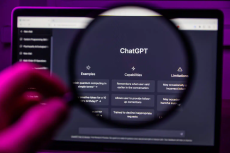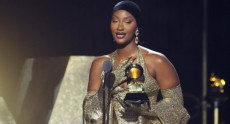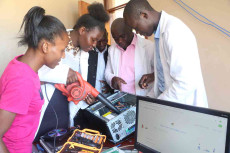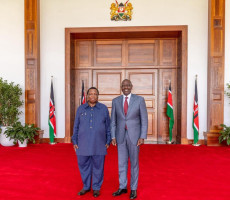- This raises a huge problem for artists like Bieber. The perfect imitation of an artist" 's voice, style, lyrical themes, and way of creating songs by AI-powered music generators poses an imminent threat to the artists' brand, reputational-powered and income as unauthorized songs circulate, potentially confusing fans and undercutting the artist's work.
Artificial intelligence (AI) has impacted creativity, enabling anyone to compose music, generate lyrics, and create visuals without specialized training. AI tools like OpenAI's Jukebox and AIVA can even mimic the styles of famous musicians, creating songs that sound straight from a major artist. However, as AI grows in sophistication, so do the challenges and ethical concerns it brings—especially when it begins impersonating real artists.
One recent example is the AI-generated song that mimicked the style and voice of pop star Justin Bieber. Titled "Lost Myself at a Diddy Party," the song circulated online, sounding remarkably like a genuine Bieber track. This act left Fans wondering if it was an unreleased song or a new collaboration, only to find out it wasn't from Bieber; it was entirely generated by AI.
This raises a huge problem for artists like Bieber. The perfect imitation of an artist" 's voice, style, lyrical themes, and way of creating songs by AI-powered music generators poses an imminent threat to the artists' brand, reputational-powered and income as unauthorized songs circulate, potentially confusing fans and undercutting the artist's work.
The results are broad: AI impersonations could lead to copyright disputes, dilute the value of an artist's original work, and, in some cases, mislead fans into thinking they're supporting their favourite artists. With the ability to precisely mimic voices and musical styles, AI challenges traditional notions of authenticity in music, blurring the line between what is real and what is artificially generated.
As AI continues to evolve, musicians and industry professionals are left to question—how can they protect their work, identity, and legacy in a world where technology can replicate their sound at the click of a button?
Read More











